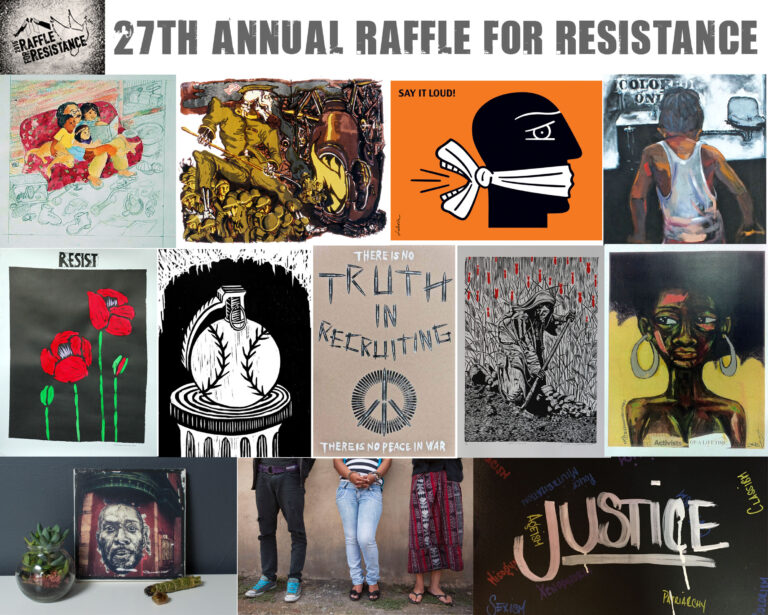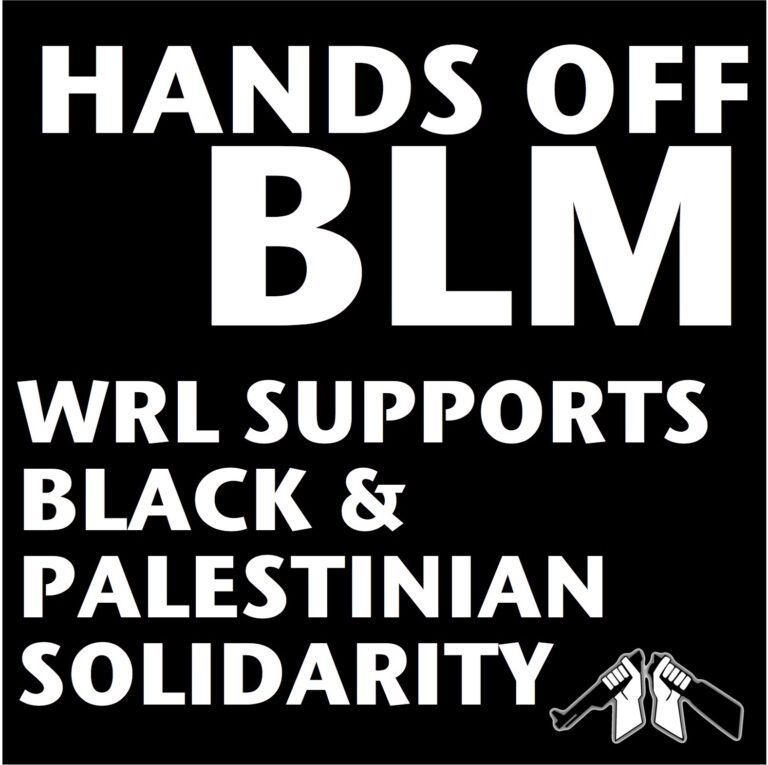Call for Submissions | Reimagining Safety → Problematizing Policing and Envisioning Alternatives
It’s undeniable: the violent police crackdowns against Black Lives Matter protests throughout the United States in summer 2020 have decreased public support for police and increased criticism of their role in American society. Images and video of heavily armed and armored police tear gassing, pepper spraying, and assaulting demonstrators have vividly called into question the police’s role as “protectors.” These police responses to the sustained calls for racial and economic justice, underscored their role in enforcing the existing oppressive structures of white supremacy and capitalism. Given that policing in the American context has its roots in slave patrols and anti-labor repression, what might alternatives to policing look like?
People often misunderstand the relationship between the police and the military because the police are understood to “protect us, the people” while soldiers are to “defend us from them, our enemies.” Peeling back the facade, there is a clear and direct relationship between the police and military: both share a common mission of protecting the U.S. government and not, as is the common and purposeful misconception, “protecting and serving” the people. It’s through this common mission that police and military are able to share resources through programs like the 1033 program, which provides surplus military gear to police departments across the U.S. Following the federal raids in Portland, the New York Times opined “If you’re a soldier of the law, dress like one. Leave the soldiering to soldiers.” What are the implications of a culture that rejects militarism creeping on their streets but sees it as necessary for “the other” abroad?
In fact, the connection between police and military goes deeper than apparel and accessories; the police often function as a paramilitary force. We saw this recently when Trump deployed federal agents to protect federal property in Portland and to “combat crime” across cities in the United States as part of this crackdown on Black Lives Matter protests. There’s often a relationship between personnel as well. During the Obama administration, millions of dollars were invested to create positions in police departments specifically for military veterans. Derek Chauvin, the man who murdered George Floyd, received his training at Fort Benning. Abroad, the United States trains police forces around the world: we trained local police during our occupation of Iraq and Afghanistan. Moreover, American police departments have sent hundreds of officers to Israel to train with the Israeli military, police, and secret intelligence agency. What other ways are we seeing collaborations between police and military in the United States?
One might assume that this is only a problem of U.S. police, as the United States heavily outspends the rest of the world on its military. This is not true: if we look at the Royal Canadian Mounted Police in Canada, we see that the institution’s effective function is not to “protect people.” Rather, it is to occupy Indigenous lands and enforce the property rights of the settler population. The world recently saw an instance of this as the Wet’suwet’en tribe was defending its lands against the construction of the Coastal GasLink pipeline. The UK government trained the Special Anti Robbery Unit in Nigeria, which has received widespread condemnation for torture, unlawful arrests among other things. In Colombia, the nation’s police force is controlled by the defense ministry. What would a global call for police abolition look like?
And finally: how do we create alternatives for our communities outside of state police forces? We can gain insight from Indigenous communities, many of whom exist outside the state and have worked on models of self-policing for decades. Unfortunately, Indigenous agents are often trained by state police in the Canadian context, and fundamentally recreate Western models. One idea is to get at the root causes for why we rely on police to resolve conflict: maybe we need to equip our communities with better conflict management and de-escalation resources, and model how to practice them.
Want to join the conversation? We are looking for 800-1,000 words responding to any of the questions above, particularly from folks directly impacted by war and militarism. In your pitch, tell us a little bit about yourself and whether you are directly or indirectly* impacted by war and militarism. Successful pitches clearly outline the ideas to be explored or arguments made in the piece. We are able to select a limited number of pitches per month that we can compensate for publication. If selected, writers will be compensated $200. If you are interested in publishing with us regardless of compensation, please indicate so in your pitch. Send us your pitch to pitches [at] warresisters.org () by November 10th.
*We consider everyone to be either directly or indirectly impacted by war and militarism, as there is no one who isn’t touched by or part of the war machine. For example, if someone pays taxes in the United States, they are indirectly impacted by war through income taxes going to fund the Pentagon.
Share






